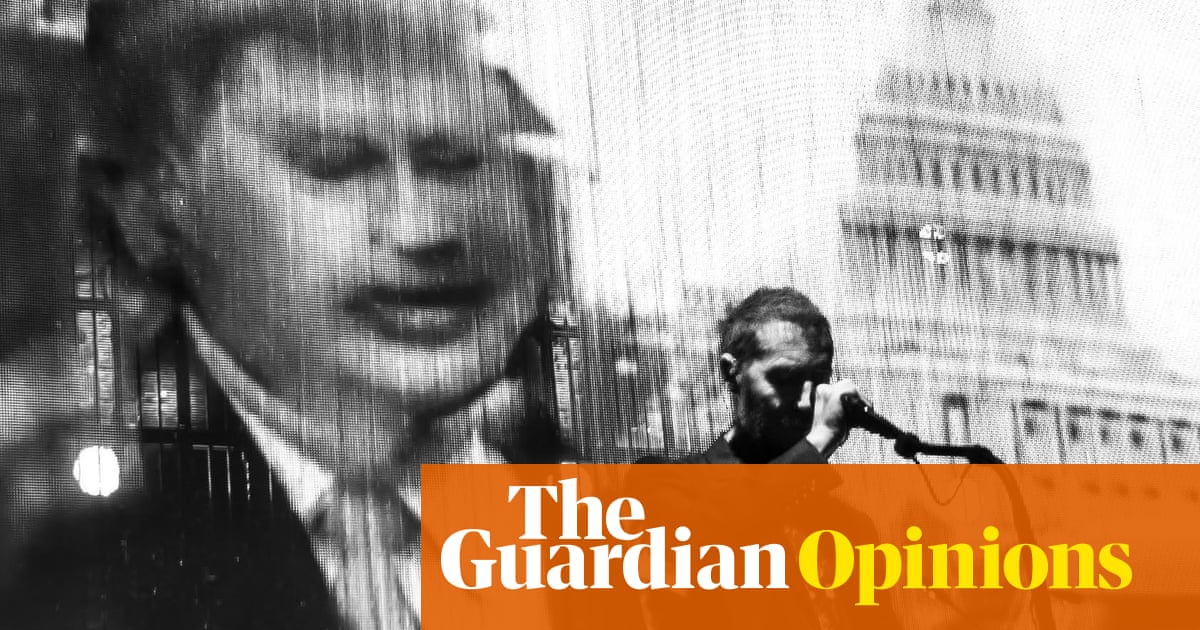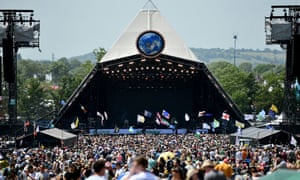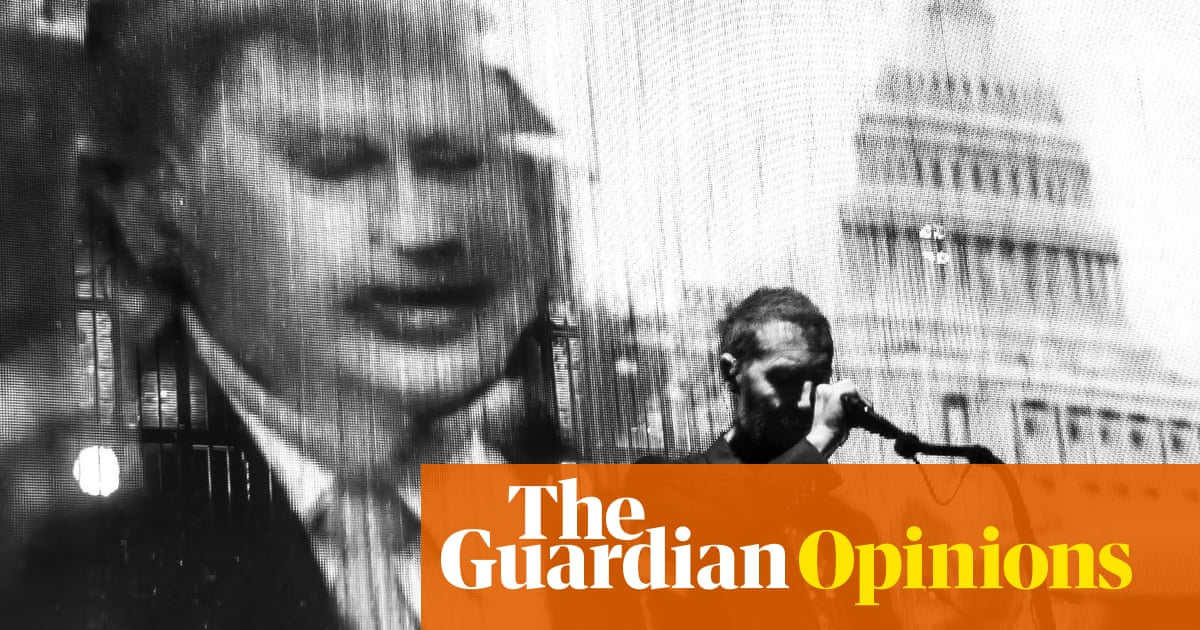The music industry has had a big carbon impact. As a band working with climate experts, were going to try to minimise ours, say Massive Attack

The imprinting of climate emergency into the public consciousness, achieved by the school strikes and mass activist arrests, seems to have generated more introspection than positive action. The debate around personal sacrifice, hypocrisy and lifestyle change is playing at high volume and, as recently highlighted by the climate expert Michael Mann, this presents a danger that popular demand for catastrophe-avoiding systemic change could get lost in the mix.
This debate is just as alive (and equally confused) within the music industry. Headline emphasis is often placed on issues such as single-use plastics or band travel by air. Important as those things are, evidence shows that factors such as audience transportation and venue power account for as much as 93% of all the CO2 emissions generated by major music events.
As a band that has toured globally for several years, weve had cause to reflect on this. Concerns over our own carbon impact and those of our wider industry arent new to us, but the urgency is. Last year, the UN Intergovernmental Panel on Climate Change called for rapid, far-reaching and unprecedented changes in all aspects of society and said carbon emissions were harmful, regardless of the fun had in their generation. In other words, what goes on tour doesnt stay on tour.
Weve taken unilateral steps for nearly two decades like many bands, weve paid to have trees planted, prohibited the use of single-use plastics and travelled by train wherever feasible. We have explored advanced carbon offset models, but in researching these programmes serious issues arose.
First, the concept of offsetting creates an illusion that high-carbon activities enjoyed by wealthier individuals can continue, by transferring the burden of action and sacrifice to others generally those in the poorer nations in the southern hemisphere. Evidence suggests that offset programmes can wreak serious havoc for the often voiceless indigenous and rural communities who have done the least to create the problem.

Ultimately, carbon offsetting transfers emissions from one place to another rather than reducing them. The European commission has warned that 85% of projects were unlikely to deliver real or measurable reductions, while the UN environment programme recently stated that offsetting cannot be used by polluters as a free pass for inaction.
Weve also discussed ending touring altogether an important option that deserves consideration. In reality, however, an entire international roster of acts would need to stop touring to achieve the required impact. In a major employment industry with hundreds of acts, this isnt about to happen. Any unilateral actions we take now would prove futile unless our industry moves together, and to create systemic change there is no real alternative to collective action.
So today were announcing the commissioning of the renowned Tyndall Centre for Climate Change Research to map the full carbon footprint of typical tour cycles, and to look specifically at the three key areas where CO2 emissions in our sector are generated: band travel and production, audience transport and venue. The resulting roadmap to decarbonisation will be shared with other touring acts, promoters and festival/venue owners to assist swift and significant emissions reductions.
The stark reality is that failure to do so could mean matters are taken out of our hands. In recent months, (thanks in no small part to those strikes and those arrests) 245 local authorities across the UK have declared a climate emergency, with 149 setting targets of zero emissions by 2030 or earlier. In the festival sector alone, this number includes the licensing authorities for each of the five best-attended UK outdoor events: Glastonbury, Download, Reading/Leeds, V Festivals and Creamfields. Their event plans will now inevitably include mandatory rules on carbon emissions, and so the likelihood of licences being granted without emissions being dramatically and continually reduced is slim.
Given the current polarised social atmosphere, uplifting and unifying cultural events are arguably more important now than ever, and no one would want to see them postponed or even cancelled. The challenge therefore is to avoid more pledges, promises and greenwashing headlines and instead embrace seismic change.
The report produced by the Tyndall Centre will not provide a panacea, and we know implementation of its findings will require significant change for us and our colleagues across the industry who are as keen as we are to create change. But in an emergency context, business as usual regardless of its nature, high profile or popularity is unacceptable.
This article was written by musician Robert Del Naja on behalf of Massive Attack
Read more: https://www.theguardian.com/commentisfree/2019/nov/28/tour-world-massive-attack-band-climate


Recent Comments